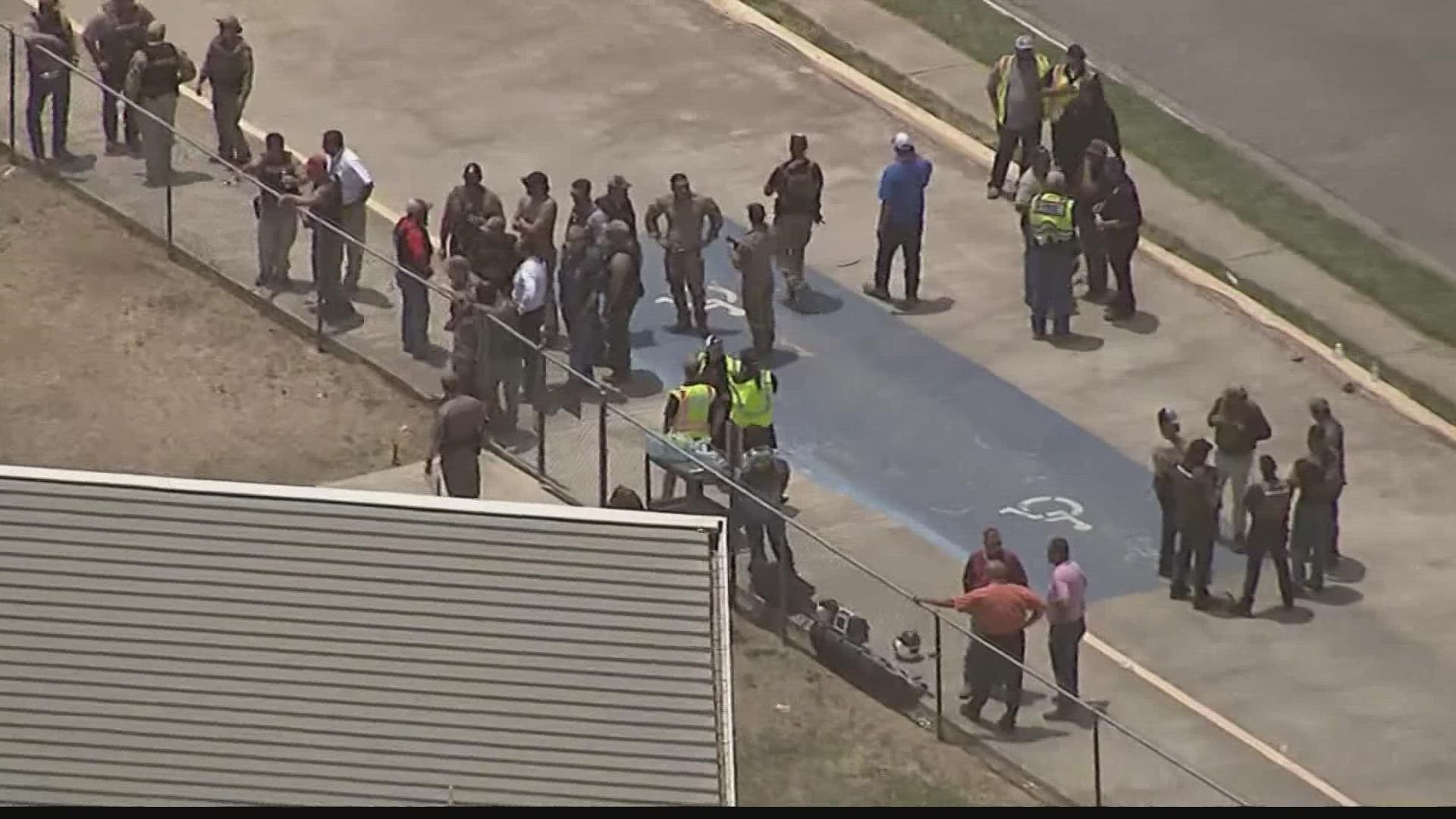ST. LOUIS — Experts say it’s important to talk with your children about tragedy. Your own children may need to express how they're feeling about the images they're seeing out of Texas.
If the facts coming out of Uvalde, Texas, are heartbreaking to you, imagine how it feels for your own child. Mental health professionals say children need to walk through the process of trauma and grief the same way adults do.
“First of all, we listen to what they're saying and we assure them, ‘I hear what you're saying. Yes it's scary’…You don't tell them, ‘oh don't worry about it’," Dr. Diane O’Brien said.
Dr. O'Brien prepares students at Webster University to enter the mental health profession. She understands trauma. She counseled the counselors who were responding to the Sandy Hook School massacre back in 2012.
Dr. O'Brien said it's important to make sure children understand reality, even if it's grim.
"’Those children are gone. Their life is over but your life is here. Let's talk about that’," she offered as a conversation to have.
With that, she said it's important to keep up with your child’s routines.
"So if the next day is a school day, they're going to go to school. We're going to school as we always do. You are safe,” she said.
Dr. Jameca Cooper, who practices in Clayton and also teaches at Webster University says it's all about normalizing the sentiments that come from tragedy.
"Let them know that they're not alone…All of us, we feel a way. We feel a way, whether that's angry, sad, fearful about the increase in mass shootings so acknowledge that with your children and let them know that they can talk to you about it,” she said.
O’Brien agreed.
“In other words, you're not abnormal,” 5 On Your Side said.
“Right, ‘you're not crazy if you're scared. Of course, you're scared. I'm scared’,” O’Brien said.
She adds that unresolved trauma as a child can stay in the brain for years, causing triggers later which can lead to emotional responses.

